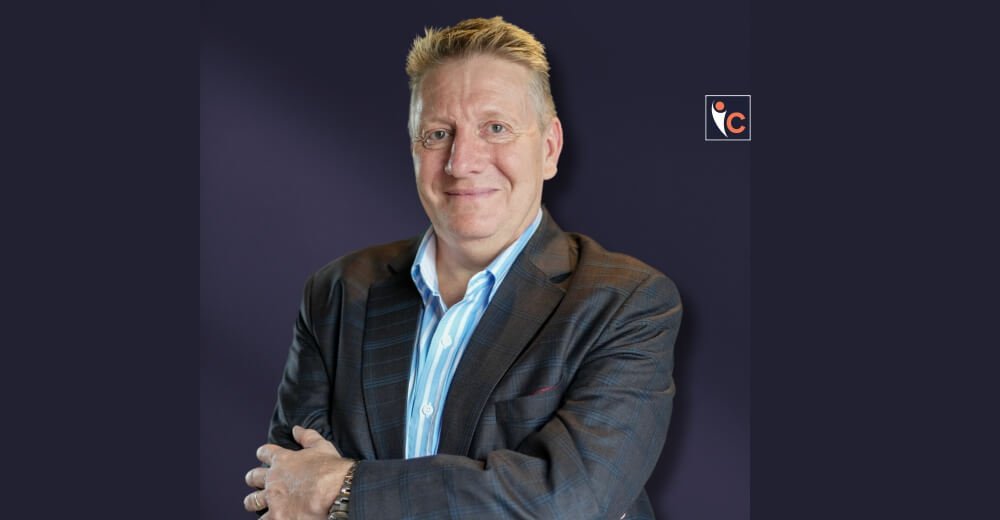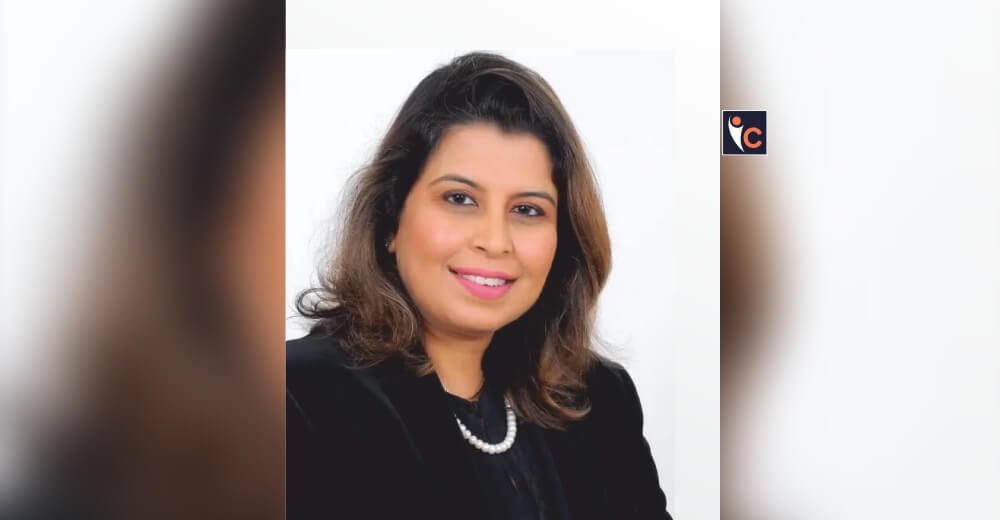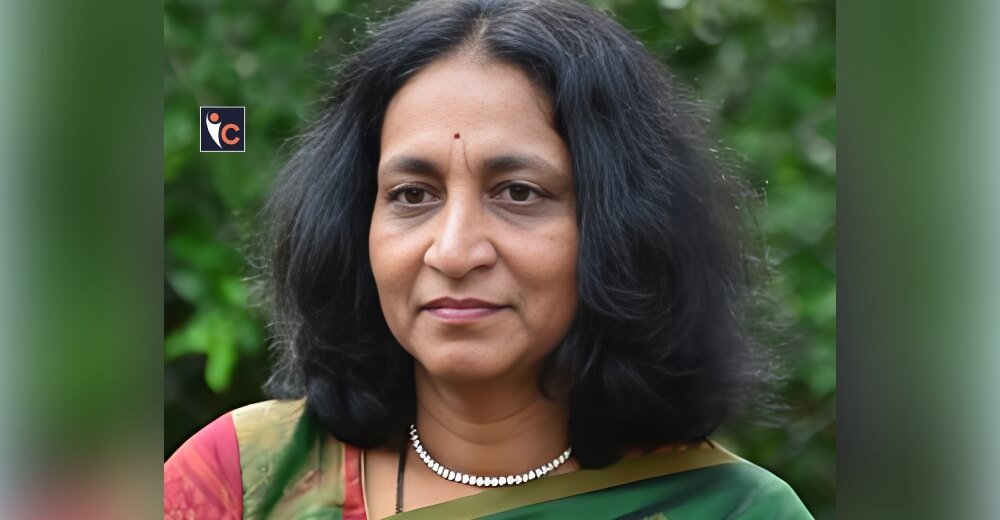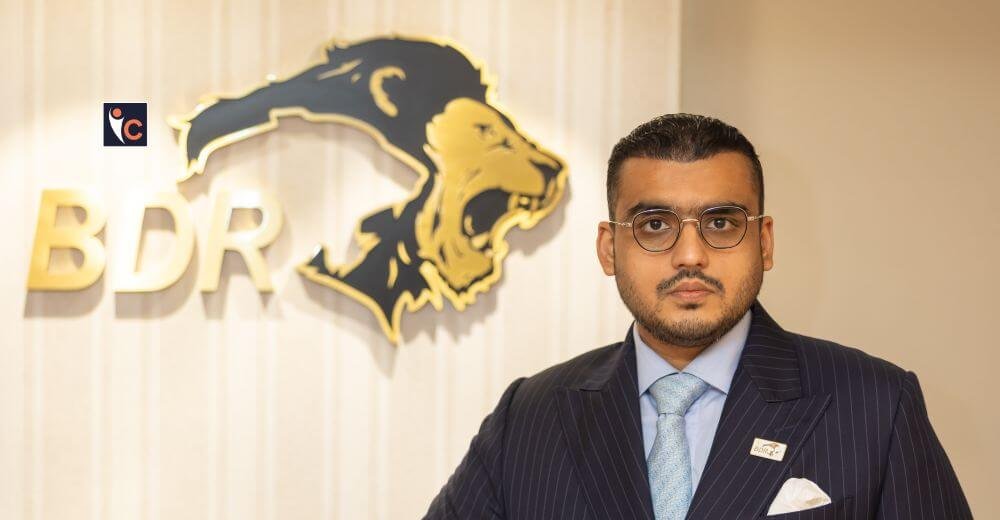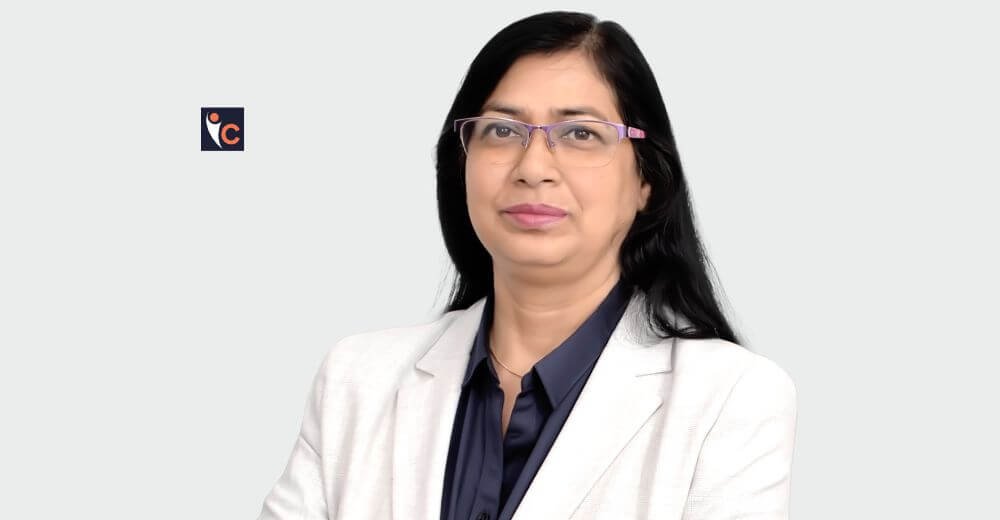Recovering from addiction can be tough even with a therapist’s support. It takes a thorough and complete approach to helping people with addiction. That is why it is crucial that rehabilitation centers are strongly rooted in their mission to help individuals overcome this difficult phase.
Shining as a beautiful example of this is Samarpan, an organization committed to helping patients get back their quality of life. Established in 2020 as a small residential rehab center in Pune, it has grown to become a leading rehab center in India, extending its services to Mumbai.
Samarpan’s primary focus is on assisting clients in achieving long-term recovery and preventing relapse. They do this by creating a supportive community of peers and clinicians who prioritize transparency, honesty, and compassion.
Martin Peters, the Director of Residential Services at Samarpan, is a registered nurse and certified substance abuse therapist with over 25 years’ experience in the field. He joined the organization to collaborate with like-minded individuals who share a deep passion for helping others lead better lives.
During a conversation with Insights Care, Martin shared some intriguing insights about the organization and how it managed to secure a top spot in the rehabilitation industry.
Let’s dive into the highlights from their success story:
Journey to the Top
Operating a rehab is not just about delivering a one-to-one therapy session, it’s also not about just the clinical team. Every single aspect of the operation has to be in tune with the therapeutic approach. Samarpan recognized that each member of their staff played a vital role in creating the right atmosphere. They firmly believed that if the smaller details were not handled with precision, the larger objectives would remain out of reach.
The individuals at the helm of this endeavor, Martin and Obi Unaka (Deputy Director), had amassed knowledge from their experiences launching multiple rehab facilities and services. Drawing from this wealth of experience, they meticulously designed an evidence-based program. It was a program that was challenging yet interesting, with a particular emphasis on critical elements such as Relapse Prevention, Process Groups, CBT, and DBT skills. They also incorporated complementary therapies and exercise regimens, alongside a structured family program and ongoing care for clients once they completed their residential stay.
Their commitment extends beyond the clients themselves; they invest substantial time in staff training, clinical supervision, and fostering a culture of reflective practice. In the past year, their efforts have been focused on achieving CARF Accreditation and CENAPS Centre of Excellence recognition. The organization has thrown its full support behind these endeavors, ensuring that all staff members obtain qualifications as Addiction Therapists and Relapse Prevention Specialists through comprehensive training.
Reflecting on his tenure at Samarpan, Martin shares “I think we have seen the center evolve quite rapidly in the last 12 months, as we have brought in the appropriate staff and implemented the training and supervision that is required, across the operation. It’s really important that every single person buys into our mission, and feels part of it, irrespective of their role.”
Back to a Better Life
“From the very outset, our process is to engage clients in regaining hope and a passion for life,” emphasizes Martin. Most people who have found themselves in the clutches of addiction speak about how their life has become unmanageable, that relationships are destroyed, and that they are broken physically and psychologically.
Explaining about their mission ‘back to life’ Martin explains “Recovery is about recovering what you have lost; developing skills you never developed; creating a life that you want: starting new relationships; re-building strained relationships; letting go of old dysfunctional ways of relating and developing new ways of relating to yourself and others. That in essence is what ‘Back to Life’ is about.”
Martin’s Educational background and Early Professional Years
Growing up, Martin had nurtured a deep desire to work in the arena of health or social care. He had initially applied to undertake the 4-year degree course at the University of Plymouth which would have given him a CQSW qualification. However, seen as too young they only let him do the three-year course.
After obtaining his Nursing qualification from The University of The West of England, he swiftly ascended the NHS grading system. With experience in Forensics and Prison, he excelled as a Community Psychiatric Nurse in a CMHT. His stint at the Out of Hours Service as a CPN was pivotal, providing invaluable personal and professional growth. Martin’s pursuit of excellence continued, earning diplomas in CBT and counseling, along with the prestigious titles of Certified Substance Abuse Therapist III and ACRPS holder. He remains dedicated to lifelong learning, with plans for EMDR training in the near future, acknowledging that education is an ongoing journey.
Summarizing his professional tenure Martin shares, “With regards to working in the rehab space, I’ve always had an interest in addiction. Having had experiences of this with friends and family, and probably due to my love of travel, I ended up in SE Asia at the right time, when the concept of destination rehab’s first started, and things just progressed.”
Working with Samarpan
Martin was always passionate about working in the rehab field and feels blessed to have had the opportunity of working with people from across the globe. From A-List Hollywood Stars, Professional Sportspeople, Politicians, Royalty, decent hardworking people to the homeless and incarcerated. “Addiction does not discriminate against anyone,” highlights Martin.
After relocating to Southeast Asia in 2005, Martin ventured into consultancy and private counseling. He played a pivotal role in the growth of the International Rehab in Thailand, which later became DARA under his leadership. By 2013, it expanded to a 62-bed facility. In 2015, Martin co-founded Lanna Healthcare with former DARA CEO, Darren Lockie. They acquired DARA in June 2018, becoming Southeast Asia’s largest private rehab provider, shortly before the COVID-19 pandemic hit.
The year 2020 brought unforeseen challenges, as the world faced unprecedented closures, and all of their centers had to shut down. However, in May 2021, Martin was presented with an opportunity in India. Talking further about it Martin shares, “I was approached in May of 2021 with an opportunity in India, and after several discussions, one of which was while I was in a 14-day quarantine in Bangkok, I was offered the position of Director of Residential Services. The idea of working in a new country, with a blank canvas, and working alongside passionate people was extremely appealing, and after a couple of conversations with my family, I was delighted to accept the opportunity.”
Evidence-Based Addiction Treatment Approach
Explaining the treatments at the center, Martin says, “Everything that we do here, has an evidenced base – we don’t just dream up what we do, hence we have a very strong structured program.” Samarpan has 35 clinical contact hours per week, treatment planning, discharge planning and they use CBT, DBT, MI, Gorski-CENPAS Relapse Prevention and a 12-Step Facilitation. “Everything that we do here, you would find in any recognised treatment centre in the UK, US or Thailand,” Martin further shares.
Samarpan, as an organization, adheres to a strict voluntary admission policy, refraining from admitting clients through involuntary means. Their specialization lies in working exclusively with individuals dealing with Substance Use Disorder or Process Addictions coupled with co-occurring disorders. This focused approach ensures that the center’s services remain dedicated to their core mission.
Upon entry into Samarpan, all clients undergo comprehensive assessments encompassing psychiatric, psychological, and medical evaluations. These assessments serve as the foundation for collaboratively crafting a personalized treatment plan tailored to the unique needs of each client. The minimum duration of stay at Samarpan is four weeks, though the majority of clients opt for extended stays ranging from 8 to 12 weeks.
Throughout their time at the center, clients engage in an intensive program comprising 28 hours of group sessions per week. They also benefit from a minimum of two one-on-one sessions with their designated focal therapist, three physical therapy sessions, an art therapy session, and two complimentary therapy sessions. Additionally, clients are expected to maintain a daily journal and complete supplementary homework assignments.
The program’s structure emphasizes the importance of group work, recognized as one of the most effective forms of treatment delivery in addiction-specific programs. Simultaneously, a personalized recovery plan is developed in collaboration with each client to facilitate their smooth transition back into everyday life upon completion of the program. Samarpan ensures a seamless handover to the outpatient team for ongoing follow-up, a service that is included in the program cost. This holistic approach underscores Samarpan’s commitment to comprehensive and client-centered care.
Prioritizing Mental Health and Holistic Recovery
In the earlier days, addressing mental health within a program was often dismissed as unnecessary. Recollecting his initial encounter in a treatment center, Martin remembers his first experience in a treatment centre and being told by a rehab veteran – “forget all that mental health nonsense you have learned, we work the steps and help them with our lived experience.”
However, the rehab field has moved on considerably from these beliefs. At Samarpan, they are deeply committed to assisting clients with their mental health. Their approach includes a range of therapeutic methods, the development of essential skills, rigorous treatment planning, and continuous assessment and observation. As part of their comprehensive approach, every client receives weekly consultations with a psychiatrist to address their mental health needs. This commitment underscores Samarpan’s dedication to providing holistic care and support to those seeking help on their journey to recovery.
At Samarpan, the success of their approach relies on the whole staff embracing their ideology. They firmly believe in the collaborative nature of treatment, making it a priority to provide a non-judgmental and safe environment. They understand that the essence of treatment isn’t punitive; many clients have already carried significant shame and guilt from their active addiction. Therefore, the aim is to help individuals rediscover their sense of personhood, recognizing them as more than just a diagnosis or label.
This philosophy is put into practice through daily meetings with the clinical team, ongoing supervision and training for all staff members, and the establishment of robust HR and operational policies. A significant aspect of their approach is addressing each other by name rather than titles, a practice that, although met with some adjustment challenges, is considered essential.
This commitment to creating the right atmosphere is reflected in various ways, such as the high percentage of clients extending their stays (65% beyond 4 weeks) and their responsiveness to client feedback through feedback forms. While they acknowledge that perfection is elusive, they relentlessly pursue excellence in their mission.
Incorporating Wellness and Exercise for Comprehensive Healing
“Every single program that I have set up, has had a wellness and exercise component to it. We look at recovery as being in four parts, Biological, Psychological, Social and Spiritual – so offering other therapeutic interventions such as exercise, reiki, massage, meditation, yoga etc is very beneficial,” shares Martin proudly.
Recognizing the multifaceted advantages, Samarpan was committed to helping clients not only regain physical well-being but also enhance their mental health. They were mindful that many of their clients grappled with discomfort when faced with their inner selves. Therefore, interventions such as yoga and meditation played a crucial role in their treatment offerings. To facilitate these activities, the center boasted exceptional facilities, including a top-notch gymnasium, and a team of qualified staff members well-versed in executing these interventions.
He further emphasizes, “All of these are practical interventions that our clients can take away and implement in their recovery plans post-treatment.”
Family-Centered Approach to Addiction Treatment
Samarpan places a significant emphasis on the role of family in the treatment process, recognizing its paramount importance. In contrast to some rehab facilities that may overlook this aspect, Samarpan takes proactive steps to involve families right from the outset of the treatment journey. In certain cases, this engagement may even begin before individuals arrive at the center through the outpatient service.
Upon admission, Samarpan invites families to participate by offering them the opportunity to complete family questionnaires. Moreover, the organization arranges dedicated Family Therapy Sessions during the clients’ stay, ensuring that familial support is integral to the recovery process. To further facilitate family involvement, Samarpan hosts a fortnightly Family support group in Mumbai, accessible both online and in person. Additionally, their Outpatient service has introduced a monthly Family Program on Saturdays.
Samarpan’s approach is founded on the understanding that collaborating with families not only enhances the treatment experience but also contributes to more favourable outcomes for individuals on the path to recovery.
The Ever-Evolving Landscape of Treatment Programs
Martin states, “Treatment programs are forever evolving.” Supporting the statement he further adds, “I like to think that I have always been open to change – and I have a very able colleague in Obi Unaka who has been a Director of a number of rehabs and services, so we are continually bouncing ideas off one another to improve what we do.”
The day-to-day challenges and discussions, as well as involving the team in decisions can be innovative. In his current role, Martin’s primary focus has been on establishing the fundamental elements that underpin the organization’s approach. One notable distinction in their approach is the comprehensive training provided to all staff members in Gorski-CENAPS Relapse Prevention, setting their program apart from others in the field.
In addition to incorporating some of the conventional building blocks of a robust program, Martin has also integrated Dialectical Behavior Therapy (DBT) into their program. Martin also highlights, “Here is a clear move towards Trauma informed treatment, and I see more Polyvagal Theory approaches coming into our program as we evolve.”
Martin’s Advice for the Future Therapists
“My advice is simple: take the appropriate courses, and get qualified. The field is rapidly changing from how it was 30 years ago, where the only qualification was often you just needed to be in recovery – there is so much more complexity to this field than just having lived experience. We look for our clinicians to have a solid background in Mental Health / Psychology / Psychotherapy with additional training in Substance Abuse, Trauma, Gambling, etc.”
Transforming Rehab in India: Samarpan’s Vision
Martin, reflecting on his journey, acknowledges his privilege as one of the pioneers of International Rehab in Thailand. As he observed the landscape, he saw the potential for India to emerge as another destination for individuals seeking luxury, evidence-based rehabilitation at affordable costs. While Samarpan was perceived as a premier choice in India, Martin was quick to point out that the value they provided was more than competitive compared to alternative rehab destinations. They offer a holistic rehab program with a seamless continuum of care.
Looking ahead, Martin envisions the expansion of specialist tracks within their treatment programs, including areas such as trauma, gambling addiction, and compulsive sexual behavior. These developments were already in progress, both in their Residential and Outpatient Services.
“We have a fantastic opportunity to be a leader in the rehabilitation space, as it is still relatively underdeveloped in many ways here in India, with very variable types of treatment being offered.” He foresaw the introduction of additional services at varying price levels, ensuring that they catered to a broader spectrum of individuals, not just the higher end of the market.
Martin is grateful for the support of The Abheraj Baldota Foundation, particularly Shrenik Baldota, who shares a passion for delivering high-quality mental health and addiction-specific services in India. Their support was instrumental in driving Samarpan’s mission forward.

